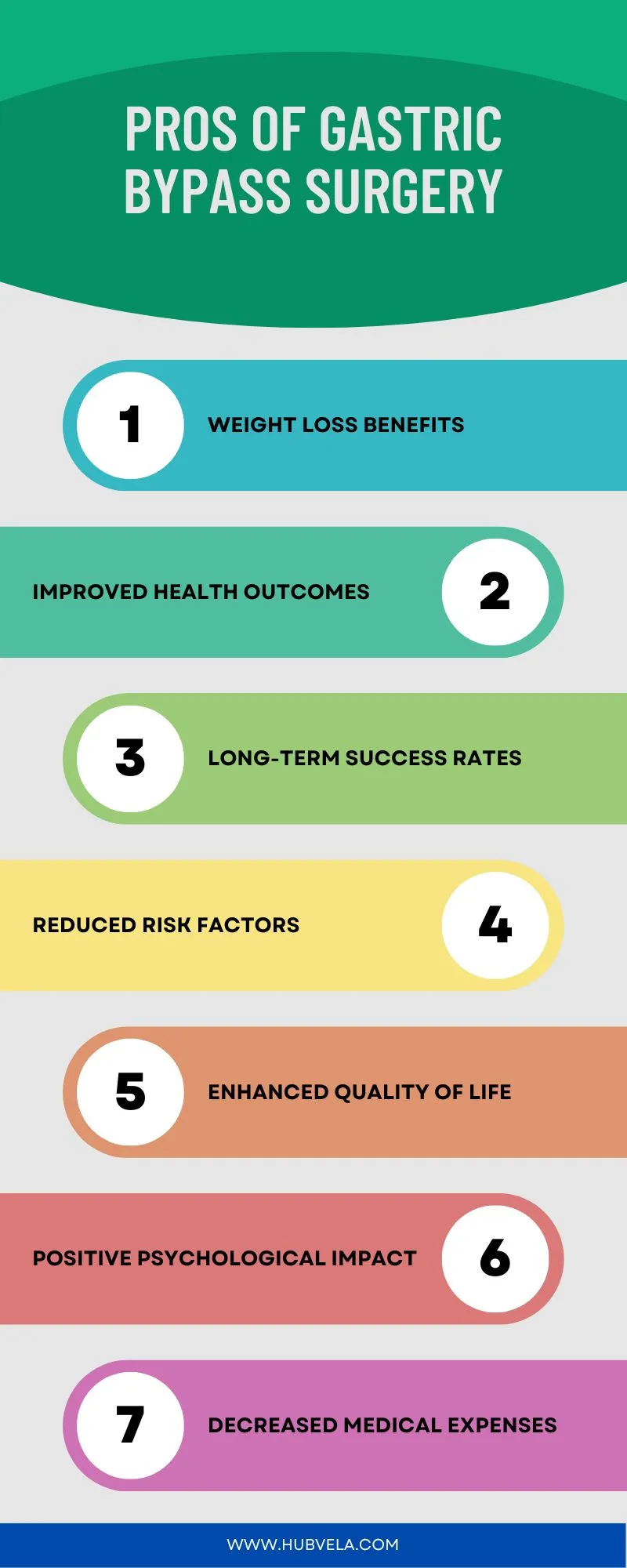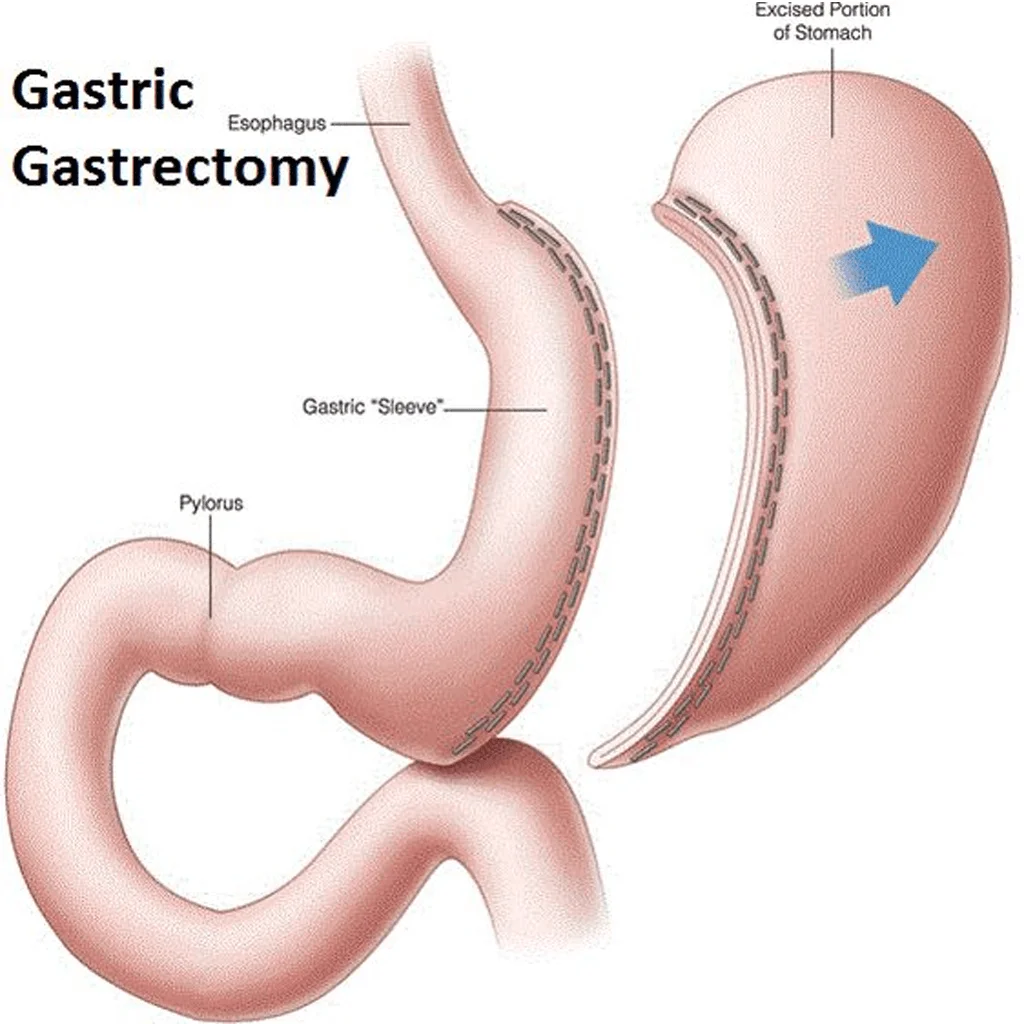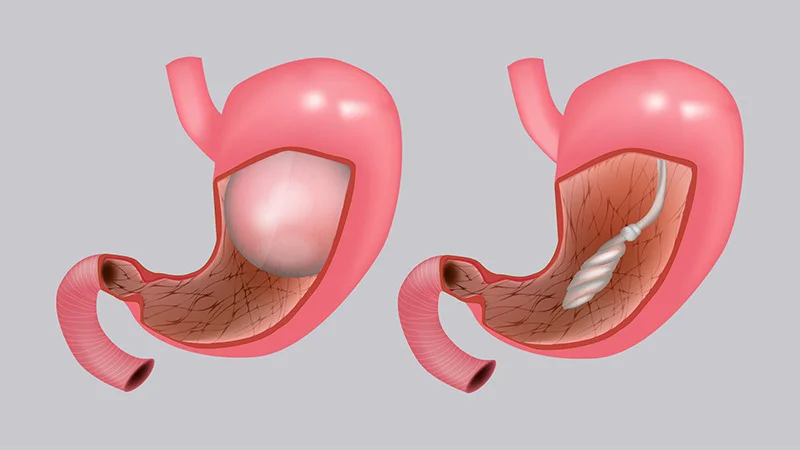Your Life After Gastric Surgery: A Comprehensive Guide
Introduction: Your Life After Gastric Surgery
Your Life After Gastric Surgery — A Comprehensive Guide: Gastric surgery, including procedures like gastric sleeve, gastric bypass, and gastric balloon, offers a powerful solution for individuals struggling with severe obesity. These surgeries can lead to significant weight loss and improved health outcomes. However, the journey doesn’t end with the surgery. Life after gastric surgery involves numerous lifestyle adjustments, ongoing medical follow-up, and a commitment to maintaining the changes achieved. This guide provides an in-depth look at what to expect and how to navigate life after gastric surgery.
Immediate Post-Surgery Period
Hospital Stay and Initial Recovery
Hospital Stay: After gastric surgery, patients typically stay in the hospital for 1–3 days, depending on the procedure and individual recovery rates. During this time, medical staff monitor vital signs, manage pain, and ensure there are no immediate complications.
Pain Management: Pain is managed through prescribed medications. Most patients experience discomfort rather than severe pain, which gradually diminishes over time.
Hydration and Nutrition: Initially, patients are limited to clear liquids to stay hydrated. This phase is crucial for allowing the stomach to heal and adapt to its new size.
First Few Weeks
Dietary Progression: The diet progresses from clear liquids to full liquids, puréed foods, and finally soft foods over several weeks. It is essential to follow the dietary guidelines provided by the healthcare team to ensure proper healing and nutrition.
Physical Activity: Gentle physical activity, such as walking, is encouraged soon after surgery to promote circulation and prevent blood clots. Strenuous activities should be avoided until the healthcare provider gives clearance.
Follow-Up Appointments: Regular follow-up appointments are necessary to monitor recovery, assess nutritional status, and address any concerns or complications.
Long-Term Lifestyle Changes
Diet and Nutrition
Balanced Diet: Maintaining a balanced diet rich in proteins, vitamins, and minerals is crucial for long-term success. Patients should focus on nutrient-dense foods and avoid high-calorie, low-nutrient options.
Portion Control: Smaller portion sizes are essential due to the reduced stomach capacity. Eating slowly and chewing food thoroughly helps prevent discomfort and ensures proper digestion.
Hydration: Staying hydrated is important, but patients should avoid drinking large amounts of liquid with meals to prevent overfilling the stomach.
Nutritional Supplements: Lifelong supplementation with vitamins and minerals, such as vitamin B12, iron, calcium, and vitamin D, is often necessary to prevent deficiencies due to reduced food intake and absorption.
Physical Activity
Regular Exercise: Incorporating regular physical activity into daily routines helps maintain weight loss, improve cardiovascular health, and enhance overall well-being. Activities like walking, swimming, and strength training are beneficial.
Gradual Increase: Start with gentle exercises and gradually increase intensity and duration as fitness levels improve. Consult a healthcare provider before starting any new exercise regimen.
Psychological Support
Mental Health: The psychological aspect of weight loss and body image changes can be challenging. Seeking support from mental health professionals, support groups, or counseling can help manage these changes and improve mental well-being.
Behavioral Changes: Adopting new eating behaviors and coping strategies is crucial for long-term success. Behavioral therapy can aid in developing healthy habits and addressing emotional eating.
Monitoring and Preventing Complications
Regular Medical Follow-Up
Routine Check-Ups: Regular check-ups with the bariatric surgeon and primary care physician are essential to monitor weight loss progress, nutritional status, and overall health.
Lab Tests: Periodic blood tests help detect and address any nutritional deficiencies early. Monitoring levels of vitamins, minerals, and other key nutrients is vital for maintaining health.
Recognizing Complications
Common Issues: Potential complications include nutritional deficiencies, gallstones, gastroesophageal reflux disease (GERD), and bowel obstructions. Early recognition and management of these issues are crucial.
Warning Signs: Symptoms such as persistent nausea, vomiting, severe abdominal pain, or signs of infection (fever, redness, swelling) should be reported to a healthcare provider immediately.
Long-Term Success and Maintenance
Sustaining Weight Loss
Healthy Habits: Long-term success relies on sustaining healthy eating habits, regular physical activity, and ongoing behavioral modifications. Consistency is key to preventing weight regain.
Support System: Building a strong support system, including family, friends, healthcare providers, and support groups, can provide encouragement and accountability.
Quality of Life
Improved Health: Most patients experience significant improvements in health conditions such as diabetes, hypertension, sleep apnea, and joint pain, leading to a better quality of life.
Increased Confidence: Weight loss and improved health often boost self-esteem and confidence, enhancing social interactions and overall happiness.
Conclusion: Your Life After Gastric Surgery
Your Life After Gastric Surgery — A Comprehensive Guide: Life after gastric surgery involves significant lifestyle changes and a commitment to maintaining the results achieved. By following medical advice, adopting healthy habits, and seeking ongoing support, patients can enjoy the numerous benefits of weight loss surgery, including improved health, increased confidence, and a better quality of life. With the right approach and resources, the journey to sustained weight loss and enhanced well-being is entirely achievable.
LEARN MORE: Getting Back in Shape with Gastric Sleeve in Turkey / Antalya





